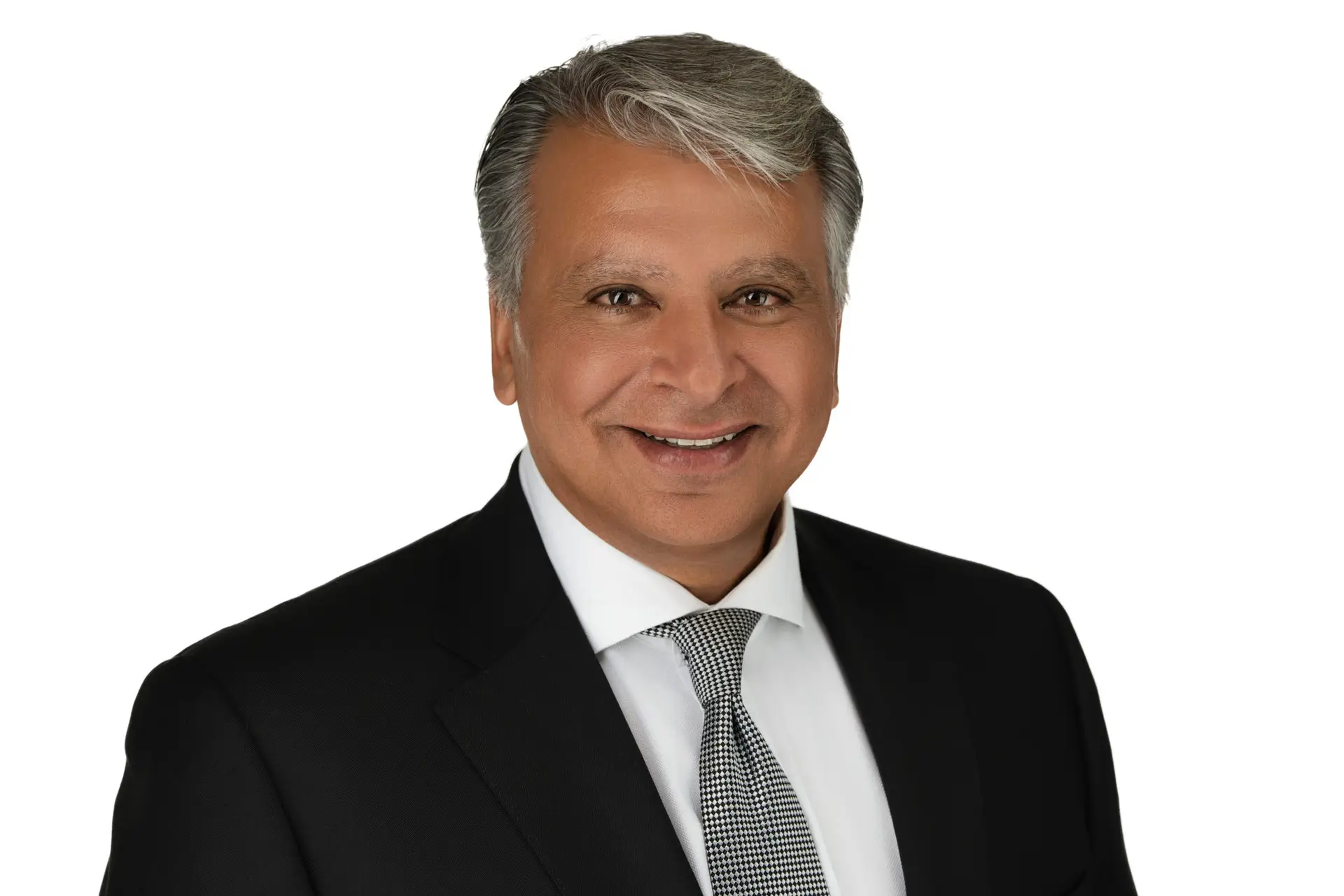The Gulf Cooperation Council (GCC) countries—Saudi Arabia, United Arab Emirates (UAE), Qatar, Kuwait, Bahrain, and Oman—offer varying levels of healthcare quality, insurance requirements, and accessibility for expatriates. This guide provides a comprehensive overview of these aspects across the GCC countries, focusing on healthcare quality, insurance, hospitals, clinics, and expat health resources.
Healthcare Quality
Healthcare quality in the GCC countries is generally high, with modern facilities and advanced medical technology. Here’s a detailed breakdown of healthcare quality in each country:
- Saudi Arabia: Known for its well-developed public healthcare system, with leading hospitals like King Faisal Specialist Hospital offering advanced treatments. The government has invested significantly in healthcare infrastructure, resulting in numerous state-of-the-art medical facilities.
- UAE: Offers world-class healthcare services, particularly in cities like Dubai and Abu Dhabi, which are home to numerous accredited hospitals and clinics. Facilities such as Cleveland Clinic Abu Dhabi and Rashid Hospital are renowned for their exceptional care and cutting-edge medical technology.
- Qatar: Rapidly advancing healthcare infrastructure, with Hamad Medical Corporation leading the way in providing comprehensive care. The country’s commitment to healthcare is evident in the high standards maintained at facilities like Sidra Medicine and Al Ahli Hospital.
- Kuwait: High standards in both public and private healthcare sectors, with facilities like Al Seef Hospital known for their specialized services. The healthcare system is continually evolving to meet the needs of the population.
- Bahrain: Strong healthcare system with a mix of public and private hospitals offering quality care. Institutions such as the Bahrain Specialist Hospital and Salmaniya Medical Complex provide a wide range of medical services.
- Oman: Continues to improve its healthcare services, with hospitals like Sultan Qaboos University Hospital providing excellent care. The country’s healthcare system is expanding, with investments aimed at enhancing medical services and infrastructure.
Insurance Requirements
Insurance requirements for expatriates vary across GCC countries, and it is essential to understand the specific mandates in each region:
- Saudi Arabia: Mandatory health insurance for expatriates and their dependents, typically provided by employers. The Cooperative Health Insurance Act ensures that all expatriates have access to necessary medical care.
- UAE: Health insurance is mandatory in Abu Dhabi and Dubai, with employers responsible for providing coverage. Other emirates are gradually implementing similar requirements. The Dubai Health Authority (DHA) and Abu Dhabi Health Authority (HAAD) oversee these regulations.
- Qatar: Compulsory health insurance for expatriates, usually covered by employers. The National Health Insurance Scheme (Seha) provides additional support for residents.
- Kuwait: Mandatory health insurance for expatriates, with coverage provided by employers. The government is working towards improving the insurance framework to ensure comprehensive coverage for all residents.
- Bahrain: Employers must provide health insurance for expatriates under the National Health Insurance Program. This initiative aims to offer accessible and affordable healthcare services.
- Oman: Health insurance is mandatory for expatriates, with employers required to provide coverage. The Ministry of Health oversees the implementation and regulation of these insurance policies.
Hospitals and Clinics
Each GCC country has a network of public and private hospitals and clinics, ensuring accessible healthcare for expatriates:
- Saudi Arabia: Public hospitals offer free or subsidized care for residents, while private hospitals provide high-quality services for those with insurance. Notable hospitals include King Abdulaziz Medical City and Saudi German Hospital.
- UAE: Both public and private hospitals are widely available, with top-tier facilities like Cleveland Clinic Abu Dhabi and Mediclinic City Hospital. The country also boasts numerous specialized clinics providing advanced care.
- Qatar: Hamad Medical Corporation operates numerous public hospitals, complemented by private hospitals like Sidra Medicine and Al Ahli Hospital. The healthcare system is designed to offer comprehensive services to all residents.
- Kuwait: Government hospitals offer extensive services, with private hospitals providing additional options for those with insurance. Al Salam International Hospital and Dar Al Shifa Hospital are among the leading healthcare providers.
- Bahrain: Salmaniya Medical Complex is a major public hospital, while private hospitals like American Mission Hospital offer excellent care. The healthcare network is well-developed, ensuring accessible services for expatriates.
- Oman: Sultan Qaboos University Hospital and Royal Hospital are key public hospitals, with private options available for those seeking additional services. The healthcare system is expanding, with a focus on improving accessibility and quality.
Expat Health Resources
GCC countries provide various resources to support expatriate health needs, ensuring comprehensive care and accessibility:
- Saudi Arabia: Expatriates have access to both public and private healthcare facilities, with numerous resources available for specialized treatments. The Ministry of Health provides information and support for expatriates navigating the healthcare system.
- UAE: Comprehensive healthcare services are available, with many facilities offering expatriate-friendly services and multilingual staff. Health authorities like DHA and HAAD offer resources and guidance for expatriates.
- Qatar: Extensive healthcare network with resources like the National Health Insurance Scheme (Seha) providing additional support for expatriates. Hamad Medical Corporation offers a range of services tailored to the needs of expatriates.
- Kuwait: Well-established healthcare system with resources available through both public and private providers. The Ministry of Health offers information and support for expatriates seeking medical care.
- Bahrain: Accessible healthcare with numerous private clinics catering specifically to expatriates. The National Health Regulatory Authority (NHRA) provides resources and guidance for expatriates.
- Oman: Growing healthcare infrastructure with resources like the Ministry of Health providing support and information for expatriates. The government is committed to improving healthcare services and accessibility.
Conclusion
Healthcare in GCC countries is generally of high quality, with advanced medical facilities and a range of services available to expatriates. Understanding the insurance requirements, available healthcare facilities, and resources in each country is essential for navigating the healthcare system as an expatriate. Each GCC country offers a unique blend of public and private healthcare options, ensuring that expatriates have access to the care they need. With the continuous improvement and investment in healthcare infrastructure, expatriates can expect a high standard of medical care across the GCC region.




